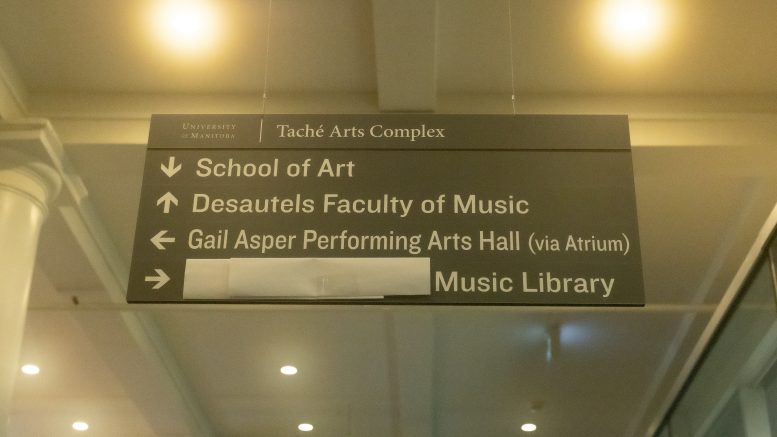Premier Wab Kinew posthumously revoked one of the province’s highest honours from Ferdinand Eckhardt earlier this month. Eckhardt was an art historian and philanthropist who was recently uncovered to have been a Nazi sympathizer.
Eckhardt was the director of the Winnipeg Art Gallery-Qaumajuq (WAG-Qaumajuq) from 1953 to 1974. The art gallery has removed the now-deceased gallery director’s name from public spaces as well.
In an exchange with media on Jan. 10, Kinew said he rescinded the Order of the Buffalo Hunt given to Eckhardt by the provincial government in 1982, noting that Eckhardt “pledged an oath of allegiance to Hitler.”
Kinew said Eckhardt “has no place being honoured in the public sphere here in Manitoba.” He said once his team discovered Eckhardt had received the honour, they took “immediate action” to repeal it.
The Manitoba government established the order in 1957. It is awarded to people who exhibit “outstanding skills in the areas of leadership, service and community commitment.”
The WAG-Qaumajuq announced in a statement mid-December that it would take steps to remove Eckhardt’s name from its entrance hall and other materials within the gallery, along with any information about him on its website.
An article published in the Walrus on Nov. 9, 2023 detailed Eckhardt’s Nazi associations, such as an oath of allegiance he swore to Adolf Hitler, his early 1930s writings in Nazi-sympathetic journals and his time working for IG Farben. The company used slave labour, built the Auschwitz concentration camp and produced Zyklon-B, the compound used to kill over 2 million people in gas chambers.
Aside from when Eckhardt was conscripted into the German army from 1942 to 1944, he was employed at IG Farben until the war’s end, then lived in Vienna before moving to Winnipeg to run the Winnipeg Art Gallery.
WAG-Qaumajuq said in a statement that it is researching any art donated by Eckhardt and the Eckhardt-Gramatté Foundation to confirm that it was not stolen by the Nazis during the Second World War. If any art is found to be stolen, it will be returned to the original owner.
Throughout his life, Eckhardt promoted his wife’s legacy with several public spaces named after her, including the Eckhardt Gramatté Music Library on the U of M’s Fort Garry campus.
Since the revelations about Eckhardt’s Nazi connections, the U of M covered all signs featuring the Eckhardt Gramatté Music Library.
The university is reviewing all university associations to Eckhardt’s name, including an honourary degree that the U of M presented to Eckhardt in 1971. U of M spokesperson Eleanor Coopsammy said “any painting or plaque that bears the name will be covered until after the review.”
The timeline of the review is unclear, and when asked if the recent actions by Kinew and the WAG-Qaumajuq would put further focus and priority on the review, Coopsammy had no comment. She stated that “not a lot has changed” since the news about Eckhardt broke in November.
When completed, the U of M’s review will be used to decide “next steps” regarding Eckhardt’s campus legacy.
The University of Winnipeg also has public spaces named after Eckhardt’s wife, the Eckhardt-Gramatté Hall and the Eckhardt Gramatté Library.
U of W spokesperson Caleb Zimmerman said that, while the spaces at U of W are not named after Ferdinand Eckhardt, the recent information about him is being taken “very seriously” and that all university associations with the Eckhardt family are under review.
Regarding the hall, Zimmerman said it will be renovated soon, and its name will be reviewed as part of that process.


